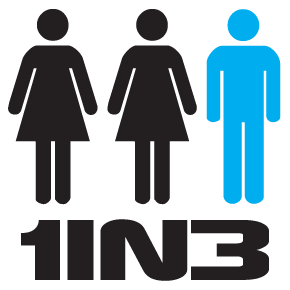Counsellors’ experiences of working with male victims of female-perpetrated domestic abuse (UK)
Aim: To provide an understanding of counsellors’ experiences of working with male victims of female-perpetrated domestic abuse. This topic has been virtually unexplored within counselling literature.
Method: A qualitative design was adopted to address the objective of this research. Semi-structured interviews were conducted with six counsellors. Snowball sampling was used to identify suitable participants. Three were males and three females, and all had experience of working with male victims of female-perpetrated domestic abuse. Results were analysed using Interpretative Phenomenological Analysis (IPA).
Findings: Ten over-arching themes emerged from the transcripts, including a distinct lack of recognition of male victimisation, which was seen as hampering counsellors’ work with clients. Participants, particularly female counsellors, also drew on the significance of their gender. Furthermore, counsellors described changes in their perceptions of women within modern society. A central feature of participants’ accounts was a sense of privilege in sharing clients’ experiences. However, participants described the work as challenging, and employed both personal and professional strategies to help them cope with work-related difficulties.
Discussion: Findings offer an initial understanding as to the experiences of counsellors that have worked with male victims. This may be helpful in leading to the development of more effective strategies employed by counsellors and counselling agencies in successfully working with male victims, whilst increasing awareness of male victimisation.
Click here to read the full paper.

